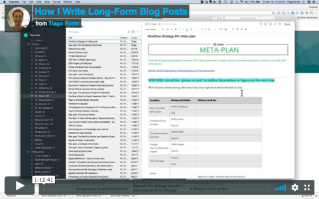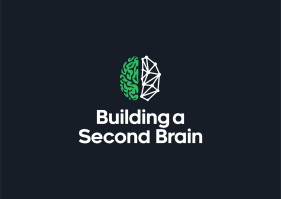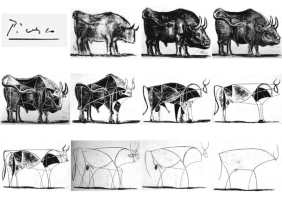
Just-In-Time PM #3: Flow Cycles
In Part 2, I described the sublime and powerful experience of flow, which could be considered the “holy grail” of productivity.
I argued that there is theoretically no minimum amount of time necessary to get into flow, contrary to popular belief. But in reality, as always, it’s a bit more complicated. Let’s look at what











